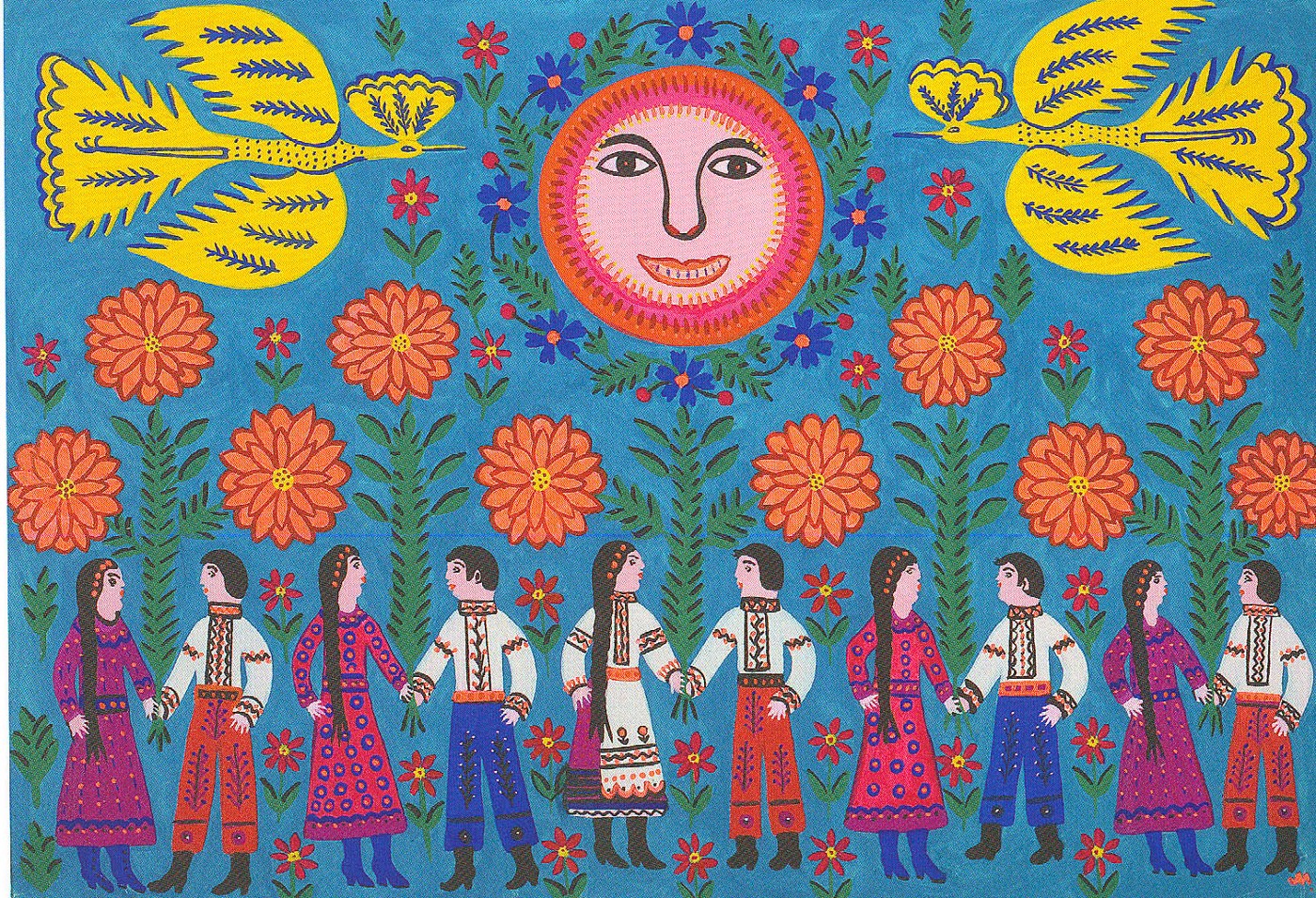Begun in the late 1970s and only published in 1989, Ričardas Gavelis’s novel Vilnius Poker presents a nightmarish vision of Lithuania under Soviet rule as a rotting corpse, riddled with resentment and shot through with conspiratorial thinking. If the book feels newly relevant today, it is because it grounds a study of the political efficacy of conspiracy theories in close observation of the humiliating effects of colonial violence upon a populace. Gavelis’s novel examines connections between this phenomenon—in which paranoid conspiracies focused on abstract enemies, such as western liberalism, are marshalled in support of authoritarian regimes—and the decline of socialism in Eastern Europe.
Vilnius Poker is divided into four sections, each narrated by a different character. The eponymous city is at the epicenter of a plot orchestrated by a network of forces which, in keeping with their shadowy nature, are referred to as THEM. THEY have agents everywhere. THEY are strong in the Soviet government, but THEY are also working on the other side of the Berlin Wall. Indeed, THEY have infiltrated every global power. In Vilnius, THEY seek to turn all inhabitants into mindless followers. Vytautas Vargalys, who works at a library, believes that the final battle between the local population and THEM is being fought before his eyes. Moreover, he is convinced that he is the chief protagonist of that conflict, and can prevent the looming catastrophe.
Gavelis’s Vilnius is a synecdoche for the territories subjugated by Soviet colonial power. All the repressed memories of violence resurface here: not only the gulags and the Holocaust, but others more psychological in nature. Indeed, for Gavelis, THEY are an internalized phenomenon: “a force within people that is responsible for the formation of totalitarian systems.”1 The inseparability of historical and psychological violence is reflected at various points in the plot, as when Vargalys, elsewhere keen on stressing his sexual potency, is interrogated by KGB members who mutilate his genitals. Vargalys personifies a nation which seems to have no future under Soviet rule.
Throughout the novel, Gavelis draws parallels between the protagonists’ broken bodies and the city. Alexander Etkind has argued that the body part of Nikolai Gogol’s 1836 short story “The Nose,” on the loose in St Petersburg after being separated from its owner, should be understood in terms of internal colonialism in Russia.2 Like the Necrorealist artists of the 1980s, Vilnius Poker figures the disintegration of an oppressed nation through the disarticulation of the body. The final chapter is narrated by a man reincarnated as a stray dog: even death does not entail salvation, only return in a more miserable form.
The novel also seems to anticipate recent developments in Eastern Europe (and elsewhere), in which reactionary political forces have sought to blame the country’s ills on a shadowy THEM. Poland under Law and Justice, Viktor Orbán’s Hungary, and Vladimir Putin’s Russia have each stoked a sense of perceived humiliation by a THEM which has infiltrated every corner of everyday life—using strategies resembling the notorious “Dulles Plan”—to encourage and embrace new nationalist narratives.3 If postmodern literature anticipated political ideologies predicated on fake news, then Vilnius Poker offers one answer to the question of why that process was so effective in this part of the world, and casts some light on the attitudes underpinning Putin’s colonial war in Ukraine. In doing so, however, it also suggests grounds for solidarity in an Eastern Europe which is haunted by the same specters and must reckon with its cultural history and relationship to East and West both before and after the disintegration of the USSR. Vargalys is convinced that observing the system that turned Vilnius into a corpse can reveal patterns elsewhere: this idea, which responds to an abstract THEM, demonstrates how attempts to recover from one colonial humiliation might turn into another nightmare. Yet I agree with him that “We are all a bit Lithuanian”—at least in Eastern Europe.
Ričardas Gavelis’s Vilnius Poker is published by Open Letter in a translation by Elizabeth Novickas.
“A literary bomb,” Respublika (November 25, 1989), https://www.picapica.press/ri%C4%8Dardas-gavelis.
Alexander Etkind, Internal Colonization: Russia’s Imperial Experience (Cambridge: Polity Press, 2011).
Published in Sovetskaya Rossiya in 1993, the so-called “Dulles Plan” was presented as evidence of a plot conceived by the head of the CIA and Heinrich Himmler to culturally infiltrate and thereby destroy the USSR. The story was in fact based on The Eternal Call, a 1981 novel by Anatoly Ivanov. In 2015, a local court in Russia banned the publication of the “Dulles Plan.”



